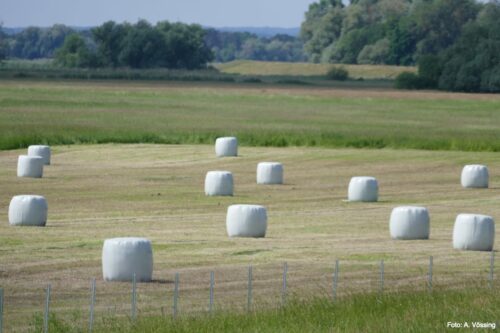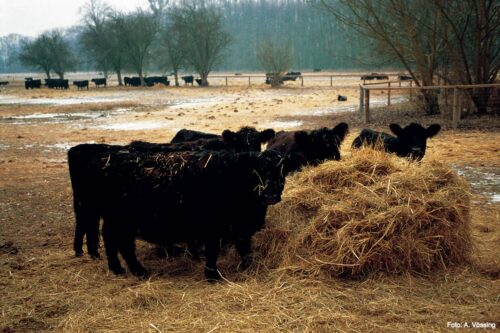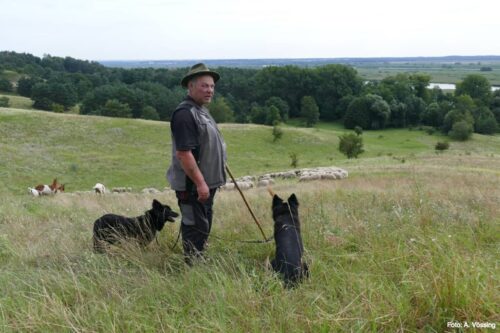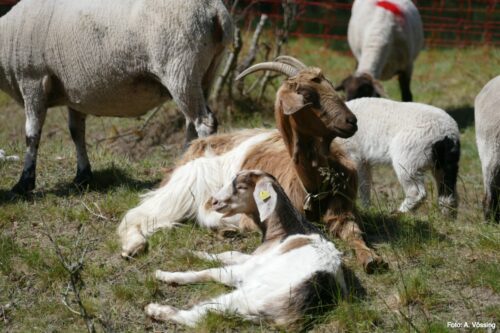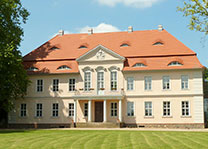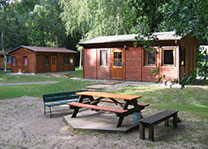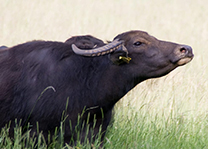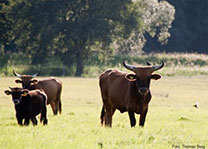Oné problem of nature conservation is the competition for land between it and agriculture. Both aim at the same area. For this reason, the acquisition of land for nature conservation purposes was the most important aspect of the large-scale nature conservation project of national significance. The association’s own areas, which are usually leased again to the previous tenants after the expiry of existing leases, may only be managed under nature conservation requirements. These concern, for example, the earliest usage dates and the density of livestock. The areas designated or planned as wilderness areas by the state of Brandenburg are to be gradually withdrawn from use.
Since the year 2000, the state of Brandenburg has been trying to distribute the associated restrictions on use evenly among the farms with the help of a company land consolidation procedure.
The disputes between agriculture and nature conservation, some of which were staged in the media and which were sometimes brought into the region from outside, have largely been a thing of the past since the funding expired in 2000 and the associated dwindling opportunities for the state of Brandenburg to influence leasing. The relationship between the association as the largest property owner and its agricultural tenants has relaxed and normalized. It has been shown that it is quite possible to gradually implement the nature conservation requirements of the grant notice without placing an undue burden on local agriculture. In any case, for reasons of nature conservation, no farm in the region has had to close. It should stay that way in the future.
- Silage bales wrapped in plastic film at Criewen
- Galloway cattle
- Shepherd Meinhard Möbius with his flock of sheep on the dry grass near Mescherin
- Goats on the “idiot hill” near Felchow



